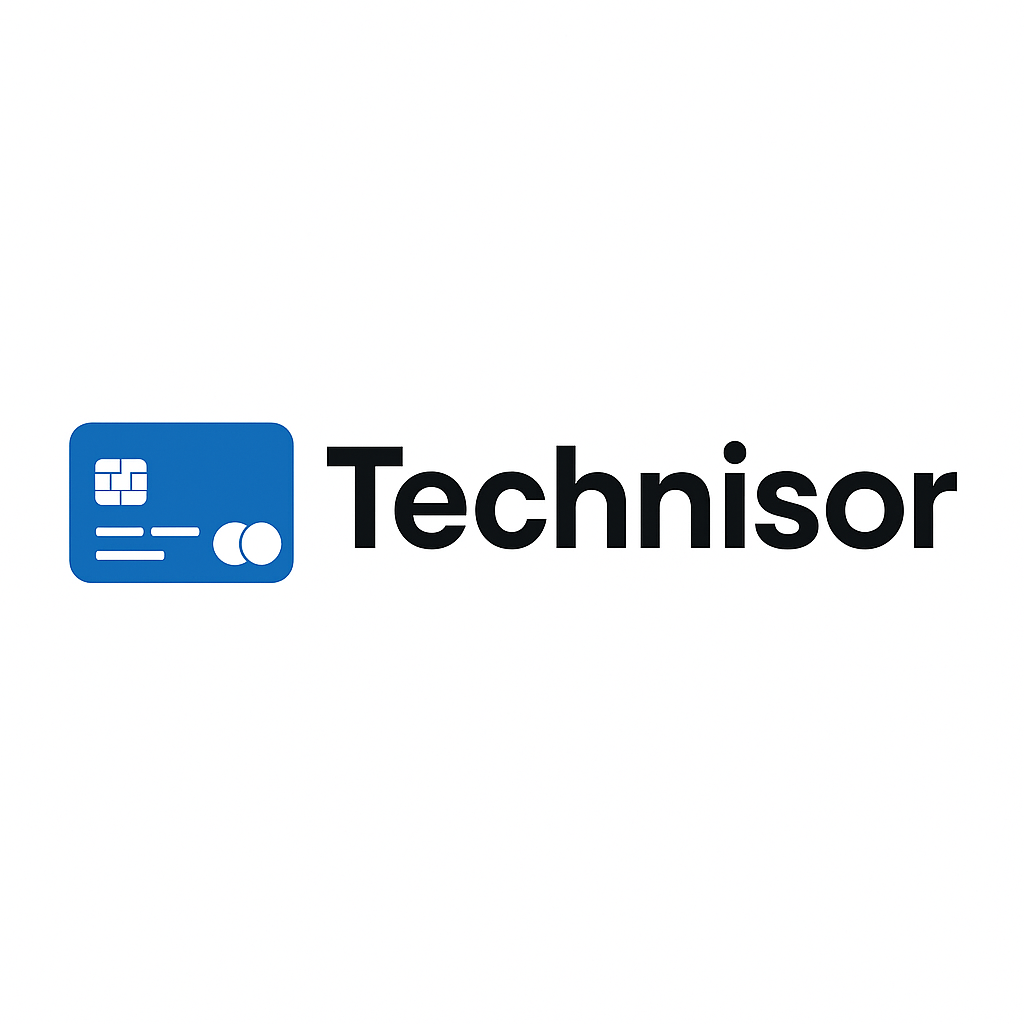How to get a loan in Canada
Getting a loan in Canada can help you reach personal or financial goals — from buying a car or paying for education to consolidating debt or growing a small business.
The key is understanding how loans work, who qualifies, and how to apply safely through trusted lenders.
🏦 What Is a Loan and How It Works in Canada
A loan is an amount of money you borrow from a bank, credit union, or licensed lender and repay over time, usually with interest.
In Canada, loans are regulated by the Financial Consumer Agency of Canada (FCAC), which ensures fair lending and transparent terms.
You can find different types of loans, including:
- Personal loans: Unsecured or secured, with fixed or variable rates.
- Car loans: To finance new or used vehicles.
- Student loans: Offered through provincial or federal programs.
- Business loans: Designed for entrepreneurs through banks or BDC.
✅ Eligibility and Requirements
To qualify for a loan in Canada, most lenders will check:
- Your credit score (ideally above 660).
- Stable income and employment proof.
- Valid ID and Canadian residency.
- Debt-to-income ratio, to confirm you can manage repayments.
Some lenders accept applicants with lower credit scores if they provide collateral or a co-signer.
📝 Steps to Apply for a Loan in Canada
- Check your credit report: Use Equifax or TransUnion to know your credit standing.
- Compare lenders: Visit portals like LoansCanada.ca to find the best options.
- Gather documents: Most lenders ask for ID, income proof, and bank statements.
- Submit your application: Online or in person at banks such as CIBC, Scotiabank, or RBC.
- Receive approval and funds: Once approved, you’ll receive the funds directly in your account.
For assistance, you can contact the Financial Consumer Agency of Canada (1-866-461-FCAC) for official guidance.
💡 Understanding Interest Rates and Repayments
Interest rates in Canada depend on your credit score, loan type, and lender.
- Fixed-rate loans: Your rate stays the same throughout the term.
- Variable-rate loans: The rate can change as the Bank of Canada’s rate changes.
Always review:
- The annual percentage rate (APR)
- Repayment schedule
- Early repayment penalties or fees
You can use an online loan calculator to estimate monthly payments and compare offers.
⚙️ Getting a Loan with Bad Credit
Even if your credit history isn’t perfect, there are still options:
- Credit unions often offer flexible loans for members.
- Secured loans backed by assets like vehicles or property.
- Co-signer loans, where someone with good credit supports your application.
- Alternative lenders such as Money Mart or Loans Canada may offer personal loans with higher rates.
To rebuild your credit, make repayments on time and keep your credit utilisation low.
🚗 Business and Vehicle Loans
For entrepreneurs, Business Development Bank of Canada (BDC) and commercial banks provide tailored business financing. You’ll need a solid business plan and proof of income.
For vehicles, Canadian lenders such as Scotiabank, CIBC, and TD Auto Finance offer flexible car loans. Always compare total costs, interest, and insurance requirements before signing.
⚠️ Avoiding Scams and Hidden Fees
When applying for a loan:
- Use only licensed lenders (verify on the provincial registry).
- Avoid offers that guarantee approval or ask for upfront payment.
- Always read the loan agreement carefully.
If in doubt, call FCAC or visit canada.ca/loans for official help.
📋 Key Takeaways
Getting a loan in Canada is safe and efficient when done through trusted lenders.
Compare rates, understand the terms, and ensure you can meet repayments.
With good planning, a loan can become a smart tool for financial growth.
❓FAQ — Common Questions About Getting a Loan in Canada
1. What credit score do I need for a loan in Canada?
Most lenders prefer a score of 660 or higher, but options exist for lower scores with collateral or a co-signer.
2. Can I apply for a loan online?
Yes. Major banks like Scotiabank, CIBC, and RBC offer online applications with instant decisions.
3. How long does approval take?
Online approvals can happen within minutes, while traditional banks may take 1–3 business days.
4. Are there loans available for newcomers to Canada?
Yes. Some banks have “newcomer loan programmes” that require alternative proof of income or security.
5. How can I compare interest rates easily?
Use websites like LoansCanada.ca or your bank’s loan calculators to compare rates and repayment options side-by-side.
